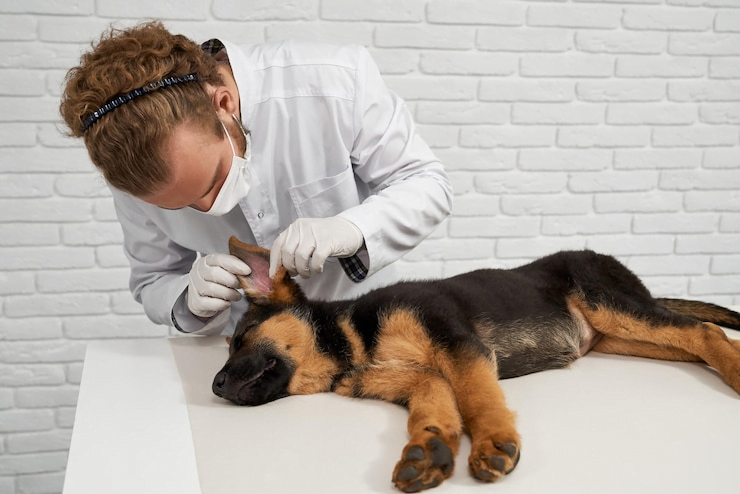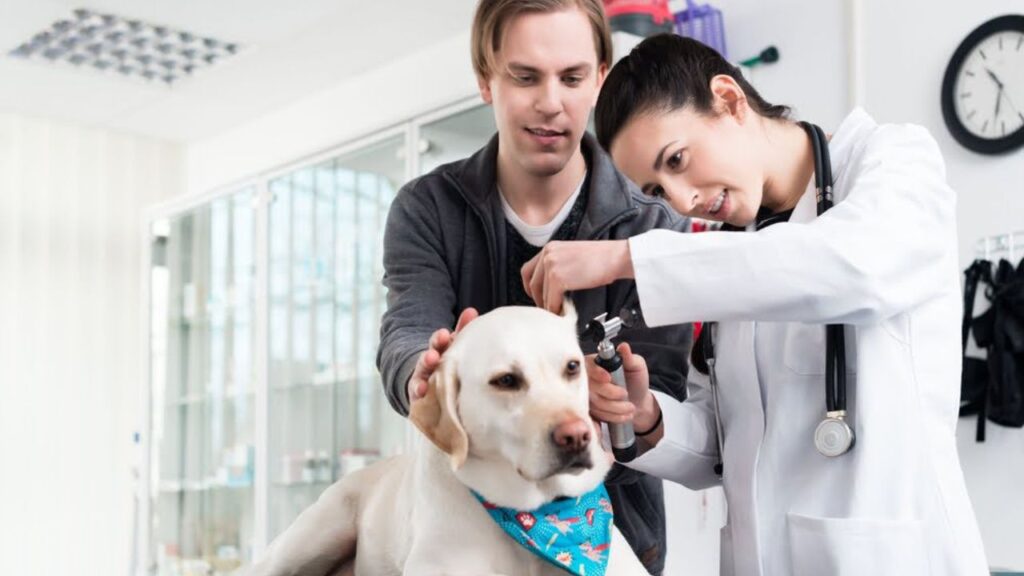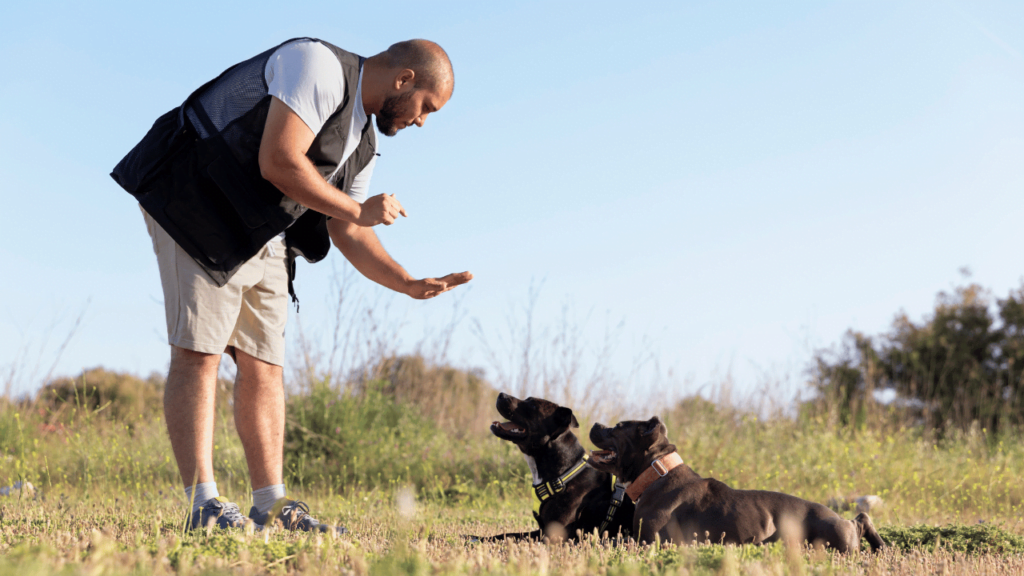Aging is a natural part of life; our beloved pets are no exception. Like humans, senior pets require special care to stay healthy and happy in their golden years. Whether you have a dog, cat, or another furry friend, understanding the unique needs of older pets is crucial for their well-being. This blog post will cover tips on elder pet care, from health and wellness to nutrition and common health issues, to help you provide the best care for your ageing companion.
Golden Years for Pets Caring for Your Elder Pet Care
As pets age, they require specialized care to stay healthy and comfortable in their golden years. Common health challenges like arthritis, dental issues, and cognitive decline may arise, making regular veterinary check-ups essential for early detection and management.
A tailored diet can support their changing nutritional needs, focusing on joint health and maintaining a healthy weight. Consistent, gentle exercise and mental stimulation keep them engaged and mobile. Additionally, providing a comfortable environment with soft bedding and easy access to food and water ensures they stay content. You can fully help your elder pet care enjoy their senior years with attentive care.
Health and Wellness Tips
Taking care of our health and wellness is essential for leading a fulfilling life. Focusing on nutrition, physical activity, mental health, and preventive measures can enhance our well-being. This guide offers practical tips to help you maintain a balanced and healthy lifestyle and feel your best daily.
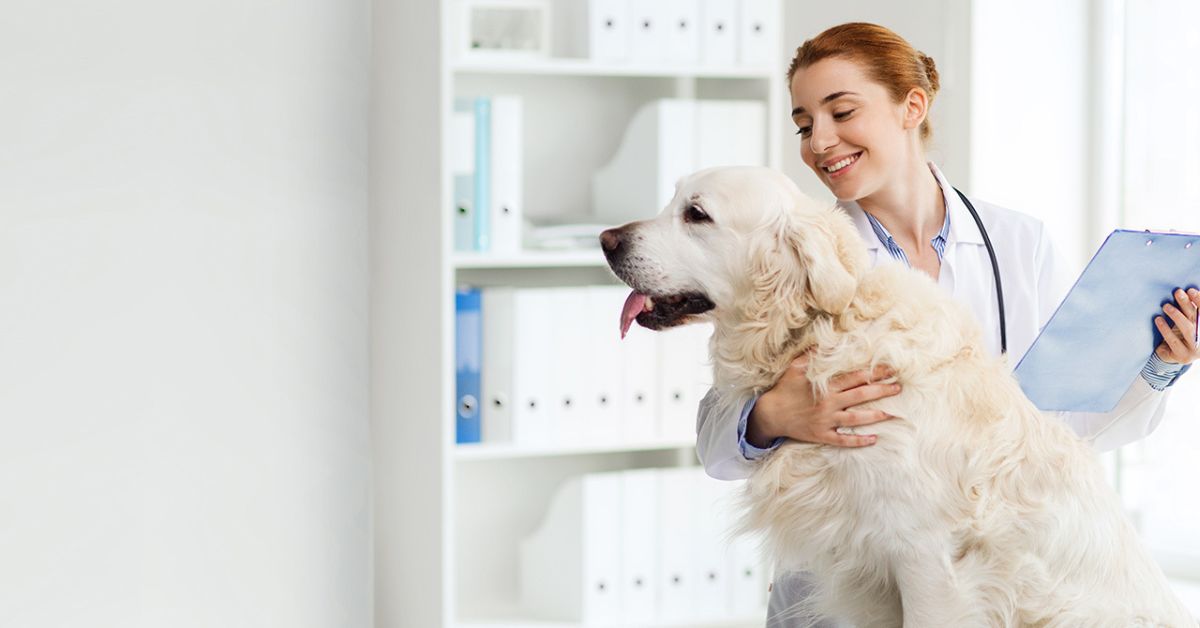
Keeping your senior pet healthy and happy is a top priority. Regular veterinary check-ups, maintaining an active lifestyle, and providing mental stimulation are vital components.
Regular Veterinary Check-Ups
Routine vet visits are essential for monitoring your pet’s health. These check-ups can help detect early signs of illness and ensure timely intervention. Your vet can also provide personalized advice on caring for your ageing pet.
Maintaining an Active Lifestyle
Exercise is vital for pets of all ages but essential for seniors. Regular, gentle exercise can help keep their joints and muscles strong. Short, frequent walks or light play sessions are perfect for older dogs, while interactive toys and scratching posts can keep older cats engaged.
Mental Stimulation
Mental health is as important as physical health. Puzzle toys, training sessions, and social interactions can keep your pet’s mind sharp. For example, teaching your dog new tricks or providing your cat with various toys can make a significant difference.
Common Health Issues in Senior Pets
As pets age, they are more susceptible to various health issues affecting their quality of life. Common problems such as arthritis, dental disease, and kidney issues can arise. Understanding these common health concerns in senior pets is crucial for providing them with the best care possible.
Understanding common health issues in senior pets can help you recognize symptoms early and seek appropriate care. Arthritis, dental problems, and vision or hearing loss are prevalent concerns.
Arthritis
Arthritis is a common ailment in older pets, causing joint pain and stiffness. Signs include limping, difficulty climbing stairs, and reluctance to play. Consult your vet for treatment options, including medications and supplements.
Dental Problems
Dental health often deteriorates with age, leading to gum disease and tooth loss. Regular dental check-ups and cleanings are crucial. Additionally, providing dental chews and brushing your pet’s teeth can help maintain oral health.
Vision and Hearing Loss
Many pets experience a decline in vision and hearing as they age. Signs include bumping into objects and not responding to sounds. While these changes are often irreversible, creating a safe environment and using visual or hand signals can help your pet adjust.
Nutrition for Senior Pets
Proper nutrition is vital for maintaining the health and vitality of senior pets. As pets age, their dietary needs change, requiring a balanced diet that supports joint health, cognitive function, and overall well-being. Focusing on age-appropriate nutrition can help your senior pet live a longer, healthier life.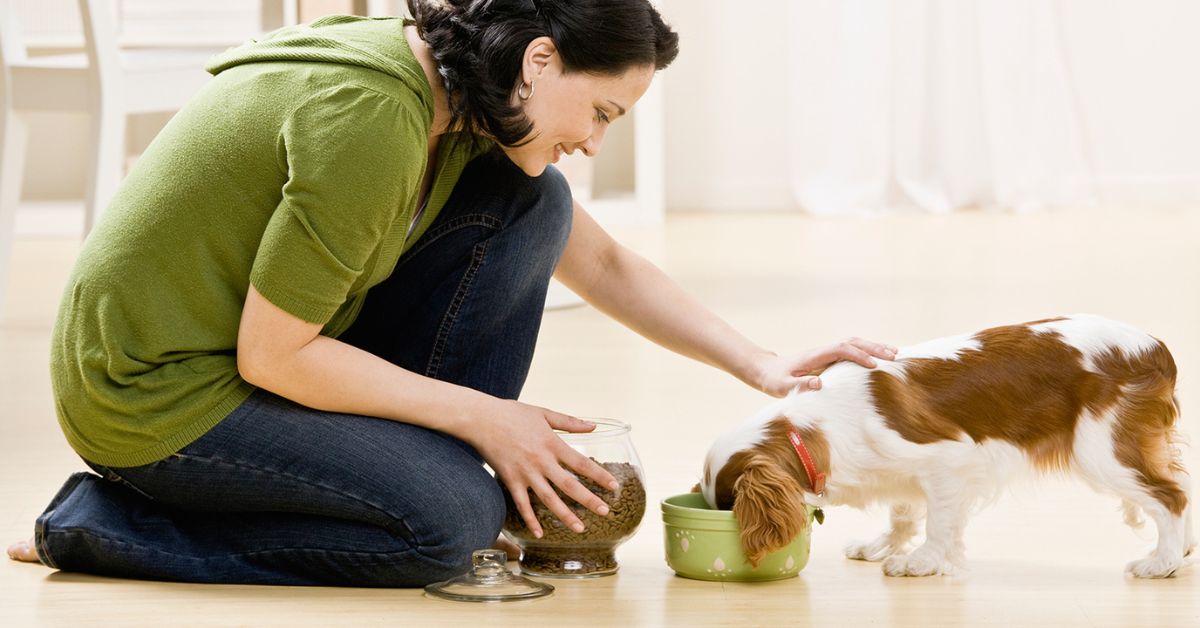
A well-balanced diet is essential for senior pets. Adjusting their diet to meet nutritional needs can promote overall health and vitality.
Dietary Changes
Older pets often require fewer calories due to decreased activity levels. Switching to a senior-specific diet can help manage their weight and provide the necessary nutrients. Look for high-quality proteins, fibre, and essential fatty acids in their food.
Supplements
Certain supplements can support your pet’s health as they age. Glucosamine and chondroitin can help joint health, while omega-3 fatty acids promote a healthy coat and skin. Always consult your vet before introducing new supplements.
Hydration
Senior pets may be prone to dehydration. Ensure they have access to fresh water at all times. Wet food can also increase their water intake, which is particularly beneficial for older cats.
Conclusion
Caring for an ageing pet is a rewarding experience that requires attention to their unique needs. These tips help ensure your senior pet enjoys a comfortable and happy life. We encourage you to share your experiences and visit the Alliance Animal Clinic for expert advice and care tailored to your pet’s needs.
FAQ
How often should I take my senior pet to the vet?
Taking your senior pet to the vet at least twice yearly is recommended for regular check-ups. This helps monitor their health and catch any potential issues early.
What are the signs of arthritis in senior pets?
Common signs include limping, stiffness, difficulty climbing stairs, and reluctance to play or go for walks. If you notice these symptoms, consult your vet for a proper diagnosis and treatment plan.
Can I still play with my senior pet?
Absolutely! While senior pets may not have the same energy levels as younger ones, they still enjoy playtime. Opt for gentle, low-impact activities that match their abilities, such as short walks, light play sessions, and interactive toys.
What should I feed my senior pet?
Senior pets often benefit from a diet tailored to their needs, including lower calories, higher fibre, and essential fatty acids. Consult your vet for recommendations on the best diet for your aging pet.
How can I help my pet with vision or hearing loss?
Creating a safe environment and using visual or hand signals can help pets adjust to vision or hearing loss. Ensure they have familiar surroundings and avoid moving furniture around too much.



